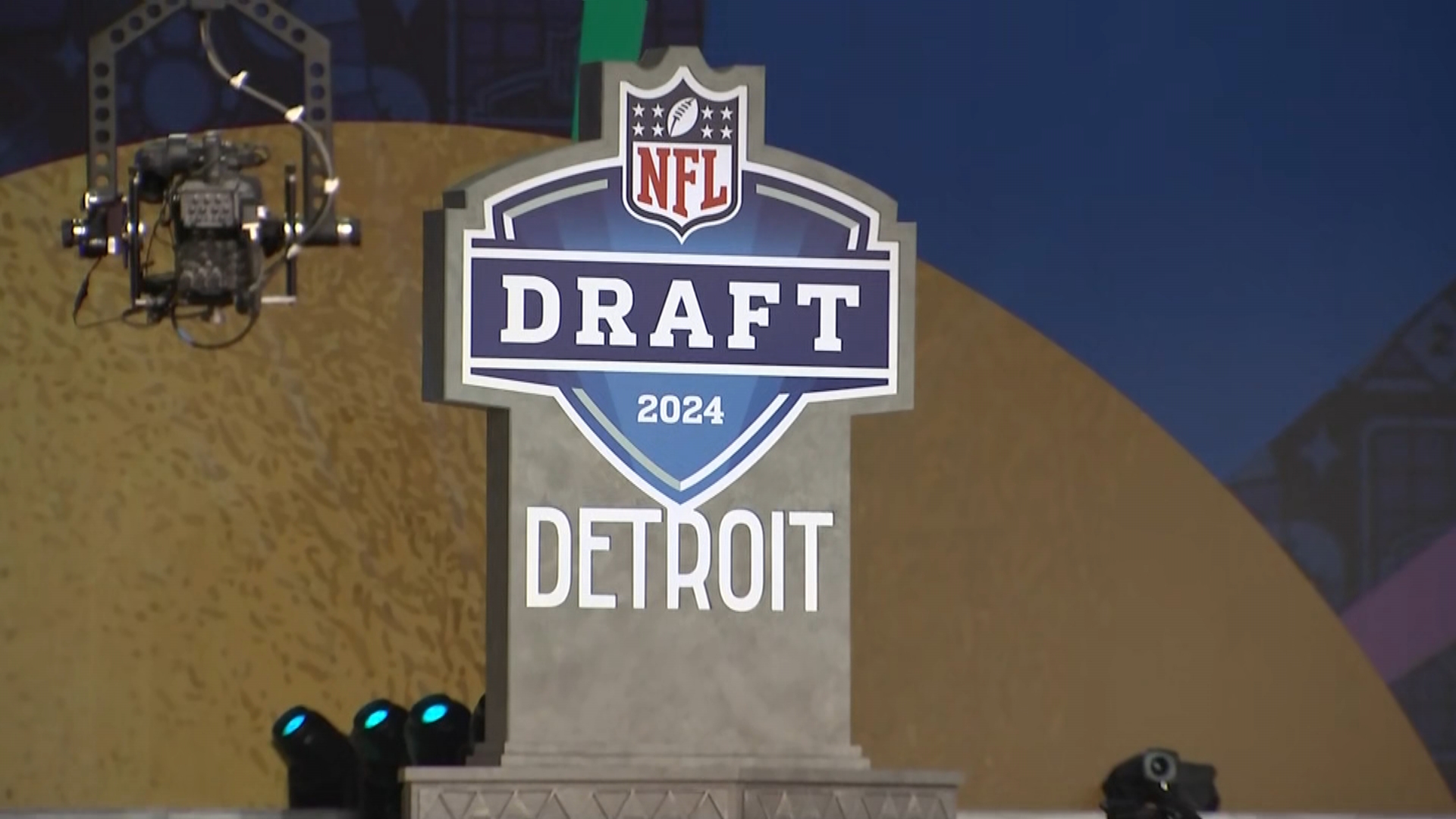Why Bulls may wait until draft night if they trade pick originally appeared on NBC Sports Chicago
The Chicago Bulls own the 18th pick in the 2022 NBA Draft, and their options from that slot are plentiful.
They could use the selection to take a swing at a young, cost-controlled prospect to add to next season's roster and hopefully develop into a staple. Or they could pursue trading the pick in search of a proven veteran to bolster their depth.
Feeling out of the loop? We'll catch you up on the Chicago news you need to know. Sign up for the weekly Chicago Catch-Up newsletter here.
With the draft looming Thursday night, the latter path is one that will undoubtedly be speculated upon throughout the week. But engineering a trade from the Bulls' perspective isn't as simple as it appears on the surface.
Yes, the Bulls will still be capable of trading the 18th pick if a deal of their liking comes down the pipe. But because the team owes its 2023 first-round pick (top-four protected) to the Orlando Magic as part of the 2021 trade for Nikola Vučević, they would need to trade the pick either:
- After it's already been used, meaning they would agree to a trade with another team before being on the clock and then select the player that team desires. Or...
- For another pick in the first round of this draft.
That's because of an idiosyncrasy in the NBA's rulebook titled "The Stepien Rule," which prohibits teams from being without future first-round picks in back-to-back years.
Local
In Scenario 1, the pick would no longer be a "future" pick — rather, one that had already been made — so the player selected would be tradable. In Scenario 2, the Bulls would be trading a future first-round pick, but if they got one back in return, they would still satisfy the league's requirement of owning a first-round pick the year before owing one.
This rule also prohibits the Bulls from trading their first-round picks in 2024 and 2026 (because they owe their 2023 pick to the Magic and 2025 pick to the Spurs from the DeMar DeRozan sign-and-trade).
The NBA didn't always govern trades this way. The rule was introduced after its namesake, former Cavaliers owner Ted Stepien, made a series of ill-advised trades in the early 1980s that left Cleveland bereft of first-rounders for years on end.
Now, the provision stands in the way of overzealous executives plunging their teams too far into draft-capital debt. And while it won't stop the Bulls from trading this year's pick altogether — if they so choose — it will make the logistics a tad more complicated.






